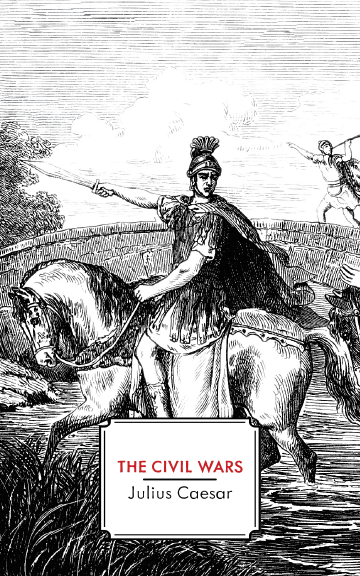The Civil Wars
The Civil Wars
After eight years of war in the region of Gaul, Julius Caesar has emerged victorious and one of the wealthiest aristocrat in Rome. This newfound wealth has allowed Caesar to distribute much of his wealth amongst the lower classes in Rome. The Roman Republic has been undergoing massive societal upheavals in the past few decades, seeing military dictators and populist strongmen rise, fall and repeat the tragedy over and over.
The aristocratic Senate has good reason to be weary of Caesar’s new riches. But most importantly they have good reason to be afraid of the well trained XIII Legion Caesar has decided to winter on the Italian side of the Alps, and the other Legions that remain loyal to Caesar in Gaul. After months of negotiations and political intrigues, the Senate votes to declare Julius Caesar and outlaw.
This put Caesars back up against a wall. To surrender would mean certain disgrace, and probable death. His other option is to march his loyal army against Rome, and overthrow the senate. Caesar decides to roll the dice, and orders the XIII Legion to cross the Rubicon. Caesar is initially successful in capturing Rome and exiling many of the Senators, but the Civil War cannot be contained to the Italian peninsula and quickly spreads the entire coastline of the Mediterranean Sea. The carnage that ensues will change the Roman Empire for ever.



